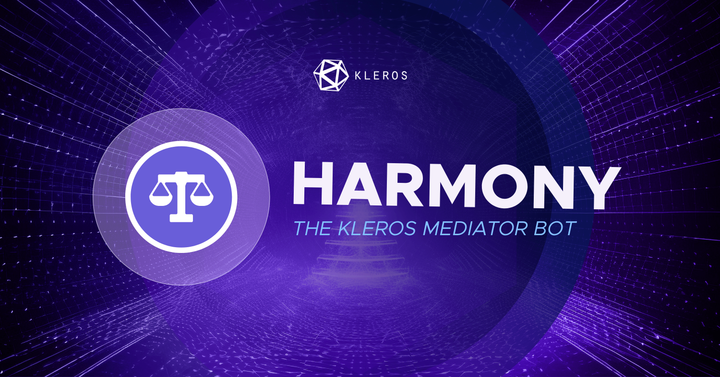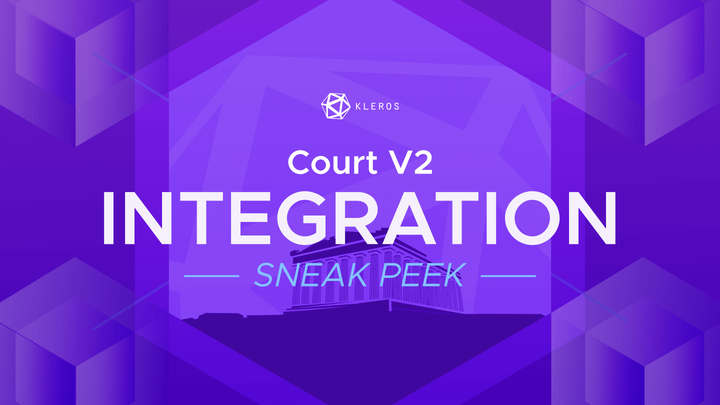A Conversation with Josiah Ober: Democracy in Ancient Greece & Decentralized Justice
Decentralized Justice is not a new concept. The Ancient Greeks had quite a lot to say about it too. Find out more in this interview with Josiah Ober.

Josiah Ober is Professor in the School of Humanities and Science at Stanford University. His work focuses on historical institutionalism and political theory, in particular on the political thought and practice of the ancient Greek world and its contemporary relevance. Let's dig into the historical and philosophical foundations of Kleros...
What can we learn from democracy in Greece?
One of the big questions we can ask is how does cooperation begin in the first place. How do humans manage to cooperate at scale in a complex society.
If we assume that human beings are to some degree self-interested, how is it that they ever manage to agree to obey rules?
This is one of the mysteries that the Greeks worried about. One answer to that is democracy. Another possible answer is monarchy, dictatorship, or tyranny.
The monarchy answer is the easy one: we agree to all cooperate, because there is some third party who will efficiently punish us if we don’t cooperate. That’s basically what Thomas Hobbes writes about in Leviathan. The only solution is to create the third party tyrant who will force us to cooperate.
Democracy is the other solution. Instead of having a tyrant, we agree that we will be enforcing the rules on one another. That’s, of course, harder. But, on the other hand, it gets us out of the problem of having a tyrant who may use his position to extract all kinds of resources from us.
That’s the background question of democracy: how do we cooperate at scale without a tyrant?

Why did Athens have a democracy during the classical period, instead of a monarchy like most civilizations of their time?
The Greeks, in the period of emerging city states had really two choices.
The first choice was to accept that the only way to have some kind of order was to have a tyrant or a very small group of people ruling everybody else (some kind of narrow oligarchy).
The other approach was to have the citizens rule themselves.
Both the Spartans, the other important city state in Greece, and the Athenians take this route that citizens rule themselves. But they take very different approaches.
The Spartans are convinced that the only way for this to work is for all of those who are in the citizen body to be essentially the same, or similar. They have to have the same education, to have the same military training, they have to live in similar houses and dress the same. This works, but at a really great cost. No Spartan had an opportunity to live a life that was anything but being a warrior and training all the time for combat.

For the Athenians, the challenge that they answer is: how to make a government for a large number of people who are different in the circumstances of their lives? Some are rich, some are poor, some are highly educated, some are less educated, so you have people who are genuinely diverse. And yet these people will treat each other as equals in the special circumstances of public decision-making.
Sorting that out is ultimately a matter of institutional design, coming up with the kinds of institutions that will allow those who are in various ways unequal and different from one another to treat each other as people who are equal in the special circumstances of public decision making.
How did the process work? Was there a group of people making a constitution for Athens? Or was it a longer, more informal process of institution building?
There are two important moments we can focus on in Athenian history.
The first one at the very beginning of the 6th Century BC. At that moment, it appeared that Athens was going to collapse into a civil war between wealthy Athenians and a much larger number of poor Athenians who were doing badly and being pushed into conditions of virtual slavery.
The few who were doing well were worried about a potential uprising by the many who were poor.
At this point in history, the two sides agreed on a single arbitrator, a man named Solon who is given the task of finding some kind of a compromise for the rich and poor to live together in the same community. Solon can’t give everything to either side. He needs to find the right kind of compromise allowing Athens to go forward as a society and for the Athenians to live together.
Solon finds the right kind of compromise, a bargaining position that gives either side enough. Neither side is fully satisfied, but they realize they will live much better under the bargain that he offers than they would fighting a war.
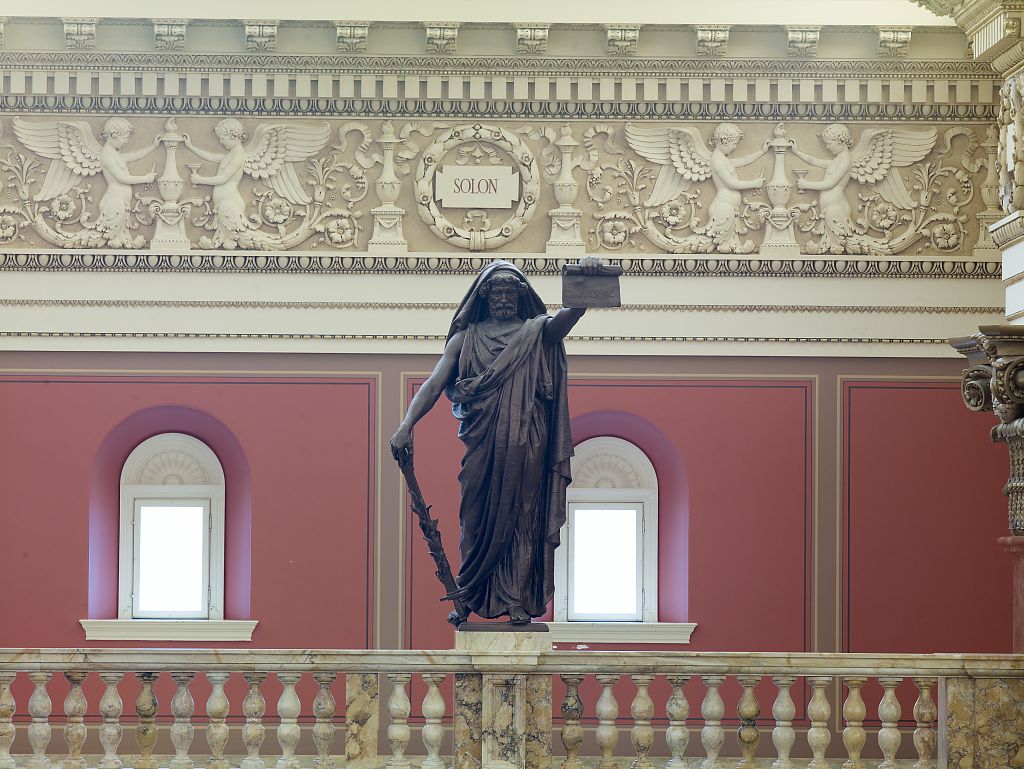
The next defining moment is about 75 years later, at the end of the 6th Century, when a tyrant had in fact taken over for a generation and then been expelled by the Spartans. The Spartans, then, evacuated Athens, took their forces away and left Athenians to sort things out.
Two parties emerged - one preferring a closer alliance to the Spartans, the other wanting something else. The pro-Spartan side was initially more dominant, and then the leader of the other faction, a man called Cleisthenes, did something really radical.
Historian Herodotus tells us that Cleisthenes brought ordinary people into his coalition.
At that point, the pro-Spartan faction says: “We’ll bring the Spartans in and create a narrow oligarchy that will be useful for us”.
The Spartans send threats saying that Cleisthenes, the leader of the popular faction should get out of town. He leaves, alongside his closest supporters. The Spartans arrive to Athens, they set up an oligarchy and put the pro-Sparta faction leader in power. Their first move is to abolish the ruling council of Athens.
The council refused being abolished, but to no avail, given that the Spartans had an army. That was a key moment, because at that point, the rest of the Athenians besieged the Spartans and their Athenian allies on the Acropolis.
On the third day, the Spartans and their allies surrendered and departed from Athens. At that point the people were in charge of the city. They then recalled Cleisthenes, the man who had started this and told him it was time to deliver on everything he promised, to create some institutions that capture what they had just done together as a people.
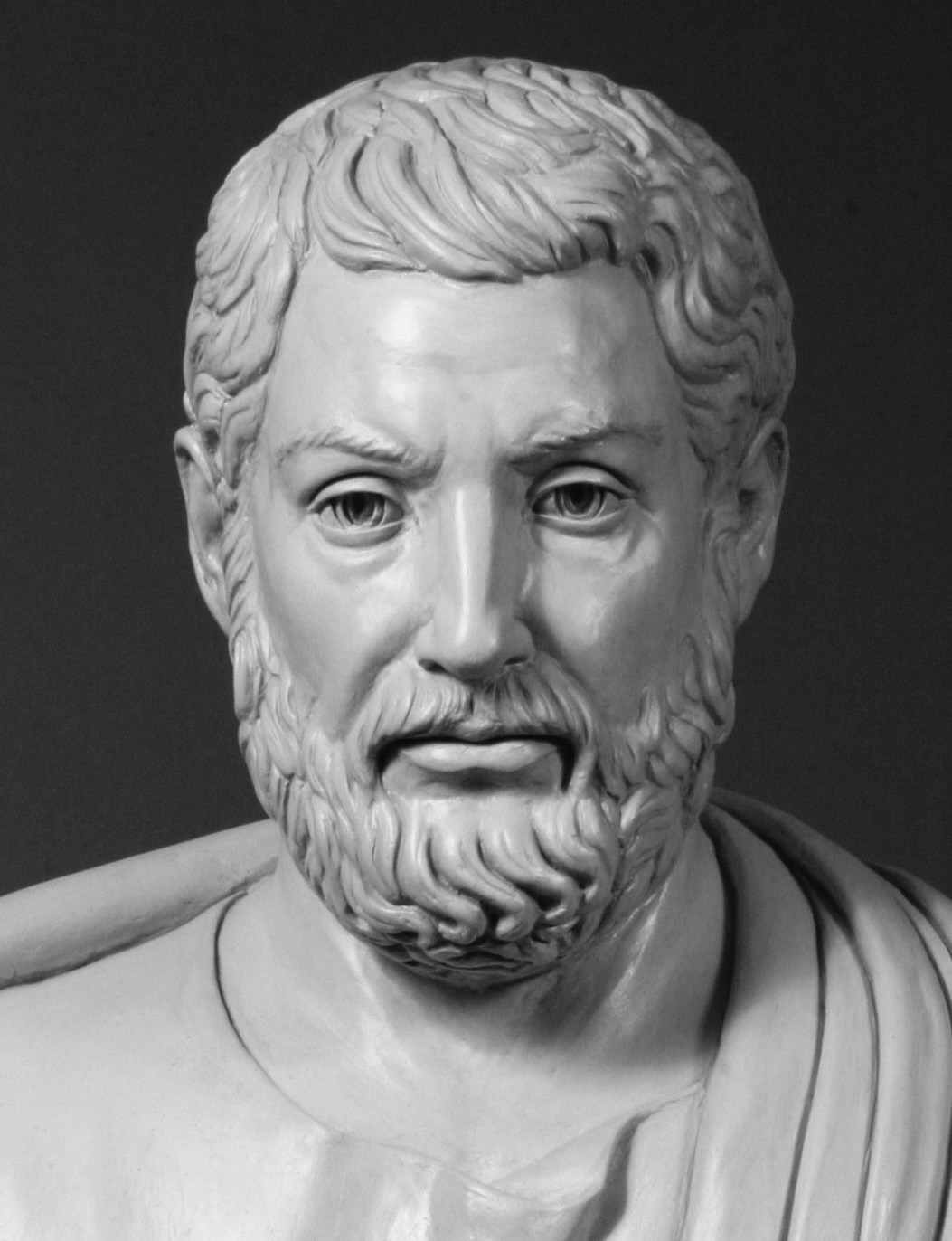
That’s the point at which the Athenian constitution was put in place. That’s the origins of the democracy.
Cleisthenes built on the earlier compromise that Solon had made, that allowed the Athenians to imagine living together without a boss. The real institutional structures were the result of this mass uprising of the people themselves, acting without formal leadership, but in recognition that people are going to need some kind of institutional structure, a formal way to get things done.
That’s when we get the Athenian Constitution, the Council of 500, procedural rules for the assembly and soon thereafter, the structure of the people’s court and so on.

How did this compromise work between the classes which were in conflict for so long? What made Greek democracy successful?
One of the things is the fact that that this democracy emerges, not as a gift from a benevolent elite to the huddled masses, but as the result of collective action, a reasonably coordinated collective action of many people doing something together.
That’s a key point - institutions are really a designed system allowing people to do that thing that they have done spontaneously, accomplishing something together. The very fact that the whole institutional design is not simply springing out of the head of some genius, but rather the result of this initial collective action is important. Everyone always remembered that this was where it all started.
A key thing is that leaders never had the opportunity to consolidate power and therefore rule in their own interest.
Leaders remained in the condition of advisors to the people, rather than becoming the rulers of the people. Athenian institutions were well designed so that nobody had the potential to seize control of central power and impose his will. The structure always pushes it back to a large body of citizens, in Athens it was 30.000 adult males. It pushes it back to the citizens themselves being the ultimate decision maker collectively.
The real trick, then, is to make institutions that allow a very large body of people to make decisions in a way that is efficient enough, that can make binding decisions quickly enough, so that Athens, as a democracy, can compete effectively with non-democratic states and other state actors.
Democracy can’t be a solution to the collective action problem if it yields a very slow and inefficient way of doing things. It has to be not just democratic, but efficient. That’s the real trick of institutional design.
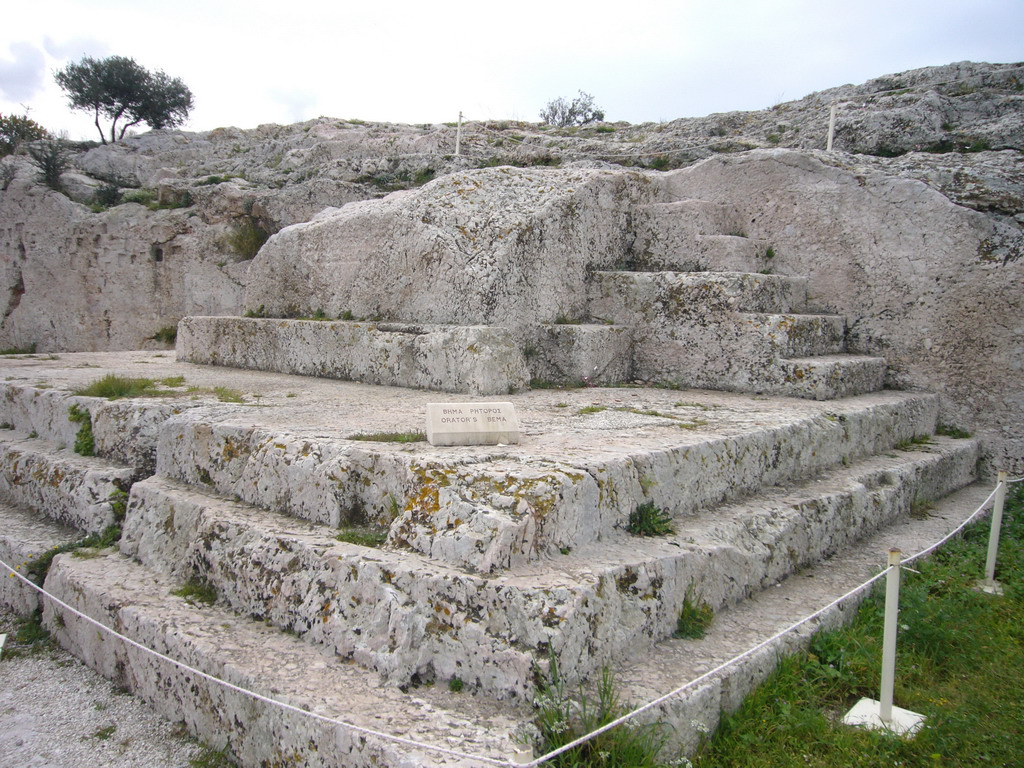
What happened to Cleisthenes after the revolution?
That’s a great question and the answer is - we don’t know. One would expect the great hero to establish himself as the president of this new system, but he doesn’t. There is no special place for Cleisthenes in the new system, so he disappears from history. We don’t know what happens.
Cleisthenes designs the new constitution, history is clear about that. He's the guy who does in fact come up with these new institutions that are passed through the Assembly, but after that he is gone.
I’ve always found Cleisthenes fascinating, because it looks a bit like what Satoshi Nakamoto did. He built this new software and then left. He puts it in the hands of the people…
Yes! It’s a fascinating thing. A very similar thing happened to Solon, the earlier compromiser. The story is that Athenians kept pestering Solon by saying: “Tell us how this compromise is supposed to go, you are supposed to give judgment on the new rules”.
And Solon says: “No! I’m leaving, because you have to learn how to live with the rules yourselves. If I’m the only one who tells you, then it does not really work”.
So Solon disappears as well. There is something about the disappearance of the hero-founder that may help democracies to work better.
George Washington also has a similar story…
Exactly! Washington is the one who is installed as president, but after his two terms says he’s leaving. He went back to his farm.
I guess that’s an important part of building peer to peer institutions. The leader should not stay long. If he stays, then it becomes just another monarchy.
I think that’s right, the problem really is even if the leader is completely benevolent, then people would become dependent on that leader and they’ll have this idea that they always have to look to the leader.
When the next leader eventually comes, because the previous leader dies or something else happens, there is no guarantee that the next one is going to be equally benevolent or equally competent.
Even with the best possible leader, he has to get out of the way if the organization is going to be a self-governing one, otherwise this kind of dependency will emerge.
Tell me about this very particular piece of Greek institutions, which is sortition or random selection. What role did it play in the Greek system and why was it important?
For the Greeks, elections were a fairly minor part of the way how democracy operated. They recognized that for certain roles they would need to use elections, that is they would have to identify people who were specially competent to hold certain roles. For example, they elected their generals to lead them in war.
For most other roles, including service in the Council, which has a very important overall position in the Athenian democracy, they thought that any citizen should have the opportunity to take that role.
Each year, there were 500 citizens chosen by a very complicated lottery system which ensured that people from different parts of the Athenian territory were represented on the Council.
They would then be expected to handle the day to day business of the state and importantly - set the agenda for the citizens’ Assembly to which any citizen could come. The Assembly would meet about every ten days in order to conduct public business.
The idea is that every citizen is assumed to bring something to the business of doing public work and that together a body of citizens, chosen by lottery, represent the collective competence of the community. That’s essentially saying that a random sample of the population, given the job of public service, can efficiently accomplish the role of state governance.
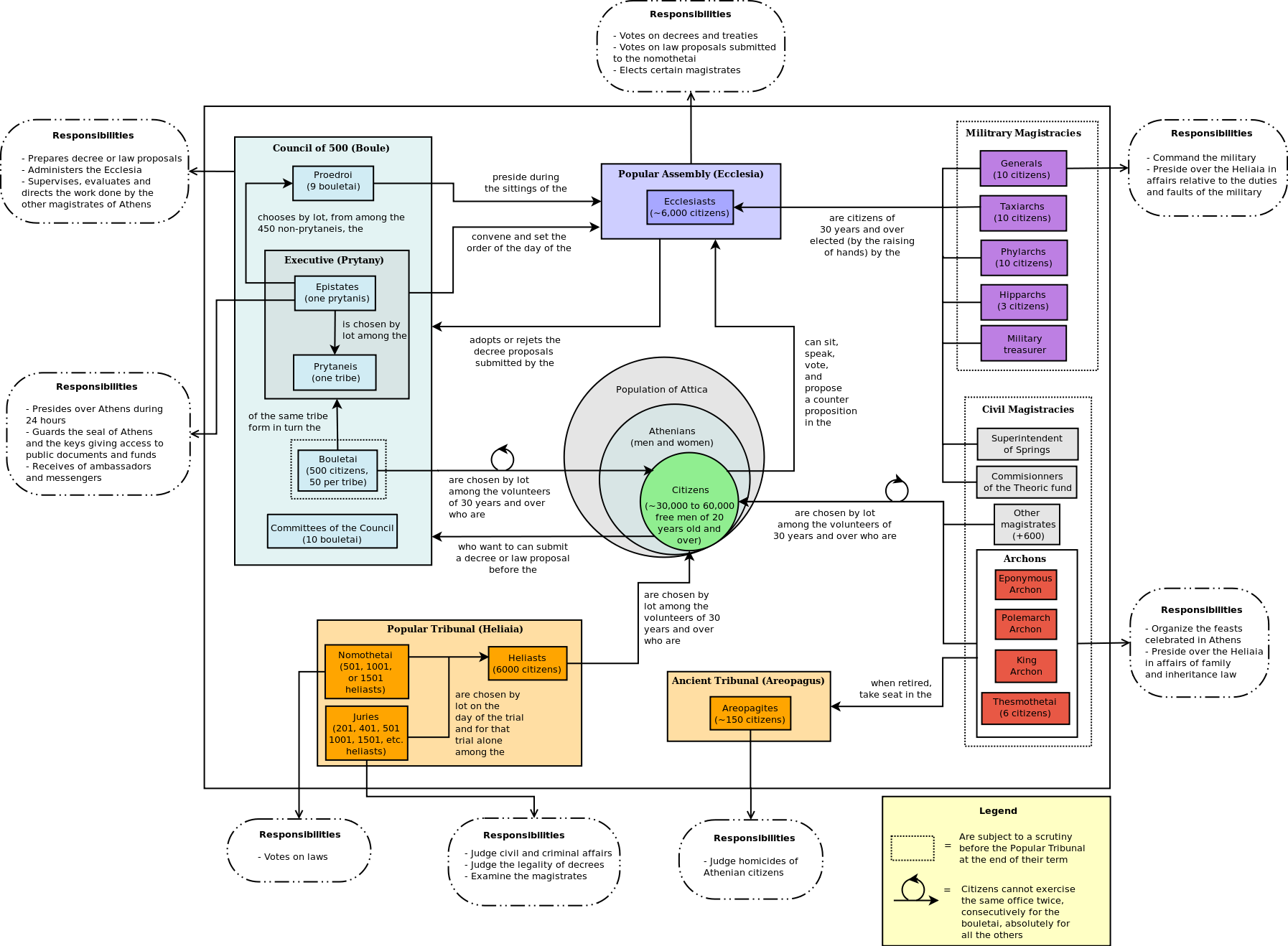
What was the advantage of this system in Athenian democracy?
If you know that those on this very important governing Council are chosen randomly from across the population, you can quite readily say that they represent us - the people.
It’s not a bunch of professional politicians, people who spent their life finding ways of getting to power and staying in power. The Council has a legitimacy, because it really is us. It is a miniature of us.
Furthermore, when this system of 500 people a year, chosen from a population of 30.000 citizens runs for a while, you get to the point that a large percentage of the population has had the experience of having served as a member of the Council, so you distribute the knowledge of how the city is actually run much more widely across the citizenry.
When we imagine all Athenians going to the Assembly, instead of thinking of a mob of 5000 to 8000 people making any kind of policy in a complex society as Athens - we should remember that a large number of them had the experience of a year serving on the governing Council. There is a lot of distributed knowledge of how things work across the population.
Let me ask you about another important piece of Athenian institutions: popular courts. How could a popular court work without becoming mob justice?
The court system was manned by citizens chosen by a lottery. In this case, about 6000 citizens would sign up for jury service each year and would take the oath of the juror.
Then, when there was the need for a trial, there was a selection process by lottery which determined which of those 6000 would be put on a particular jury. This was done in a very sophisticated way to make sure no one would know who would be on what jury ahead of time, so there would be no bribery or interference with the jurors.
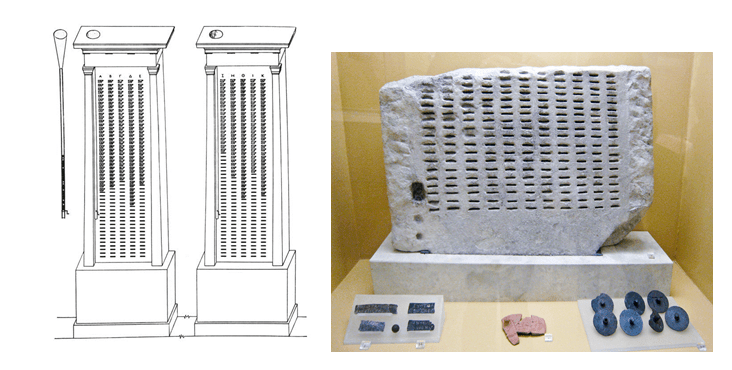
The trick to this is to have the jurors recognize both that they are doing a very important piece of public business, and they have to do so in a way that is fair.
If you look at the oath that the jurors take, they swear to judge according to the laws, so they are meant to be judging according to the established laws. Where the laws don’t pertain, they judge by their sense of equity. If the jurors don’t do this, then it could devolve into mob justice.
Then we need to think about how the entire system develops into a kind of a political culture wherein the assumption is that being in a jury, you do take your oath seriously and you do try to judge according to the laws and you’re not just carrying out some kind of mob vendetta.
If that were the case, the system would fall apart, people wouldn’t trust the court system, they would try to solve their disputes by private vendettas and the system would fall apart.
But we don’t observe that. Athens seems to be, in fact, a remarkably non-violent society, at least by the standards of pre-modern communities and especially for a community which had no organized police.
No organized police?
By lottery, they chose eleven men responsible for managing the prison and looking after public order, but there is no formal police.
Basically, the citizens have to be responsible for monitoring one another and carrying out judgements after the courts have given their decision. It really pushes a lot of weight to collective behavior by the citizens.
So, they make the laws collectively in the assembly, the existing body is selected from the people randomly, they monitor themselves, they go to courts and then they manage the prison...
Exactly, take for example the famous case of Socrates. Socrates is charged by one of his fellow citizens for various crimes, ultimately impiety and corrupting the youth and you can see in the story how this really goes.
In one of the earlier dialogues, Socrates meets a friend of his outside the magistrate’s office, the magistrate who does the preliminary investigation when one citizen charges another and decides to what court to send it to.
Socrates, having this conversation with his friend about the problem of piety says: “I have to go because I have an appointment with the magistrate”. So, there is Socrates being a proper citizen. He is sent to the magistrate to have this preliminary investigation and there he is. There is no police to drag him in, he’s done it because when you’re summoned by the magistrate, you’ll go as a citizen.
The magistrate sends him to court, Socrates appears in court, he conducts himself in the courtroom as a citizen would, he gives a speech of defense after the prosecutor has given a speech of prosecution.
And he loses, partly because he gives a peculiar kind of speech. He is then sent to prison. He accepts that. But his friend then shows up at the prison a couple of days later and says some of his friends have arranged to break him out of jail, they’ve bribed the jailor.
Socrates says: “I can’t do that, because I’ve been convicted. I don’t think I was actually guilty, I think the prosecutor made a mistake, but the jury convicted me. That’s the way the laws go and I have to accept my punishment”.
Plato tells this story as if Socrates is a moral saint, but actually it seems this was the case for many Athenians, who obey the rules because that’s what a citizen does. In this case, we see Socrates being strikingly, for his own philosophical reasons, acting just as a loyal citizen of the state.

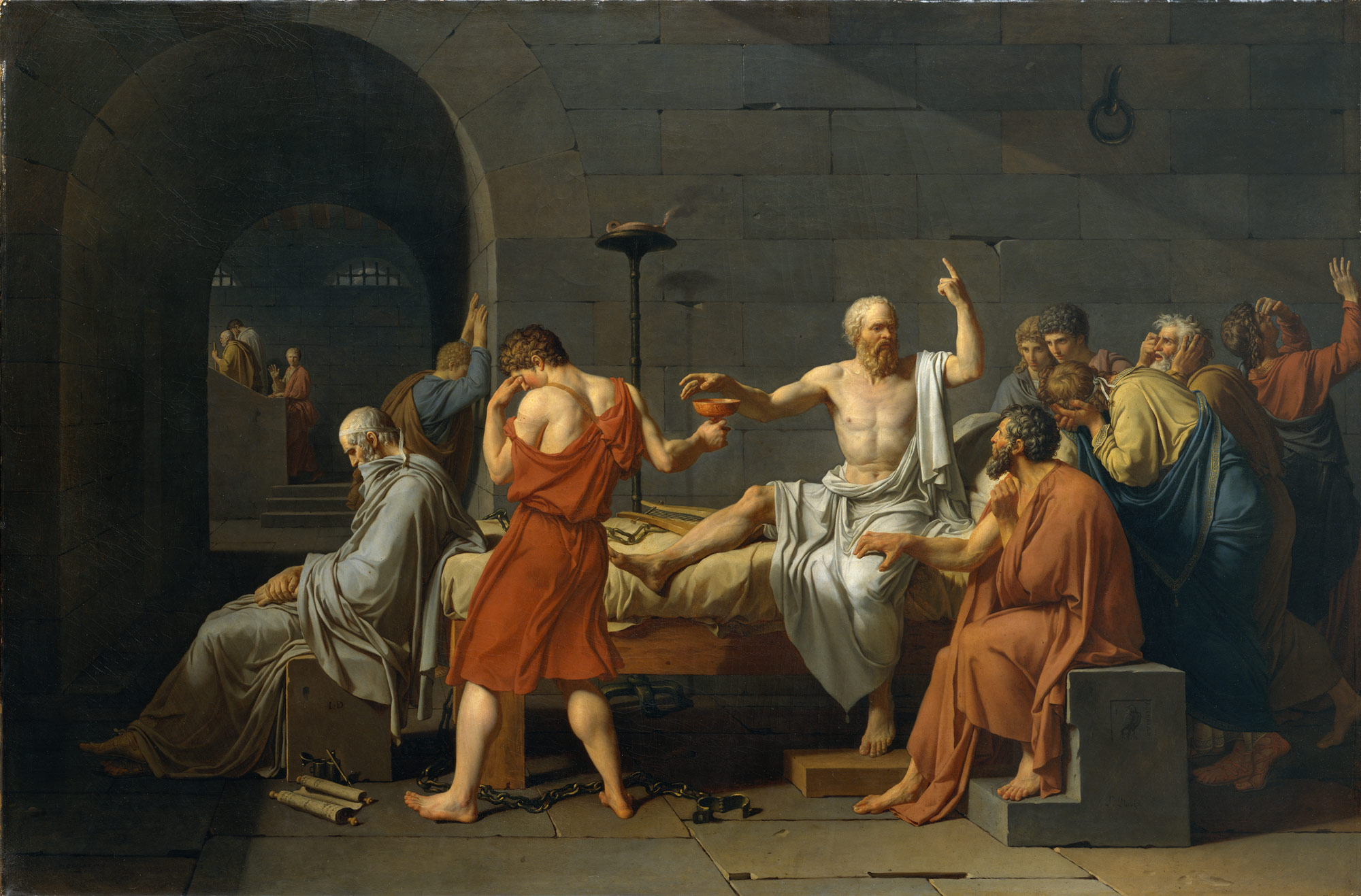
We’re in early 21st Century, we have a crisis of democracy. Is there anything we can learn from the Greeks?
I think that maybe the most important thing we can learn is that this kind of large and complex community can in fact organize itself democratically using lottery, using large scale citizen decision making and can do so over a long period, facing crises and addressing really serious problems and it can work.
It can work in ways where communities can be really effective, thrive in a very competitive environment in which other organizations are trying to advance their interests. It can create very impressive things, such as the Western civilization, for example, or at least a good part of it.
History of Athens proves that it is not impossible that democracy, in this strong sense, citizens ruling themselves using institutions like the lottery can work. We know enough about it that we can say why it worked, why were particular institutions designed in the way they were, why they achieved this end.
I believe it is because they organized a lot of human knowledge and human capacity, organized skills in ways that were more effective than command and control, top down, pyramidal structures that hierarchical systems employ. That’s the key, it’s not just about the particular things we can learn, but I think the overall lesson is that we shouldn’t believe when people say “democracy is a nice idea, but it could never work”.
What can you recommend to people who want to learn more about Athenian democracy?
There is an excellent book by a wonderful Danish scholar, Mogens Herman Hansen “Athenian Democracy in the Age of Demosthenes”, which gives a really great, very detailed account of the institutions of Athenian democracy.
I just edited a book with three colleagues from the University of Edinburgh called “Ancient Greek History and Contemporary Social Science” which has essays by twenty Greek historians and modern social scientists interested in Greek institutions where we try to address a wide range of questions, many of them directly about Athenian democracy.
That came out this year, and I think if you want to see where the state of the art is, that’s what we were seeking to do, these are the people who like the idea of applying social science to Greek history, but also using Greek history to ask some questions that social scientists are asking, for example what is the relationship between democracy and economic development, what’s the role of the rule of law, how does technology work within a democracy and so on.
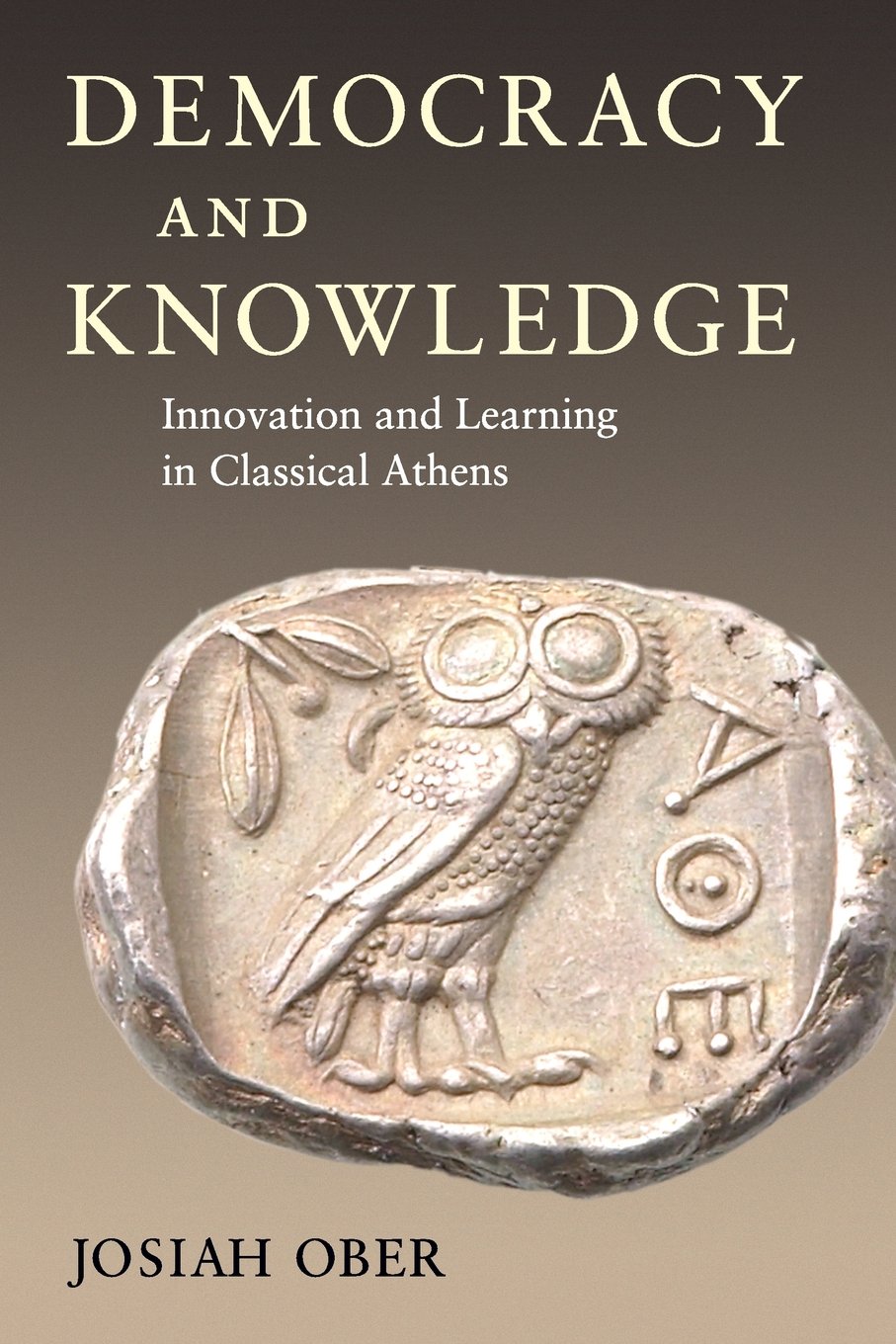
What are you working on now?
I’ve recently published a book called “Demopolis: Democracy Before Liberalism”, it’s a general theory of how democracy works if we abstract from contemporary liberal values.
My current project, which is still a couple of years from any publication is on the question of Ancient Greek ideas of instrumental rationality - the idea of how we reason from preferences through beliefs to goals and there the suggestion is that Greeks actually anticipated some of the central ideas that we think of as modern decision theory or modern game theory.
The Greeks were able to think in very sophisticated ways about instrumental rationality, means to end reasoning and this may help explain ultimately why Greek civilization was structured as it was, why they were able to accomplish some of the things they self-evidently did accomplish.
Before you go...would you like to become a Kleros Juror?
You can always sign up to become a juror adding your email to a mailing list. Use of our juror platform is fully decentralized of course but this lets us get in touch to notify of any pilots or real Dapp's ready for you to arbitrate on.

Join Kleros!
Join the community chat on Telegram.
Visit our website.
Follow us on Twitter.
Join our Slack for developer conversations.
Contribute on Github.



